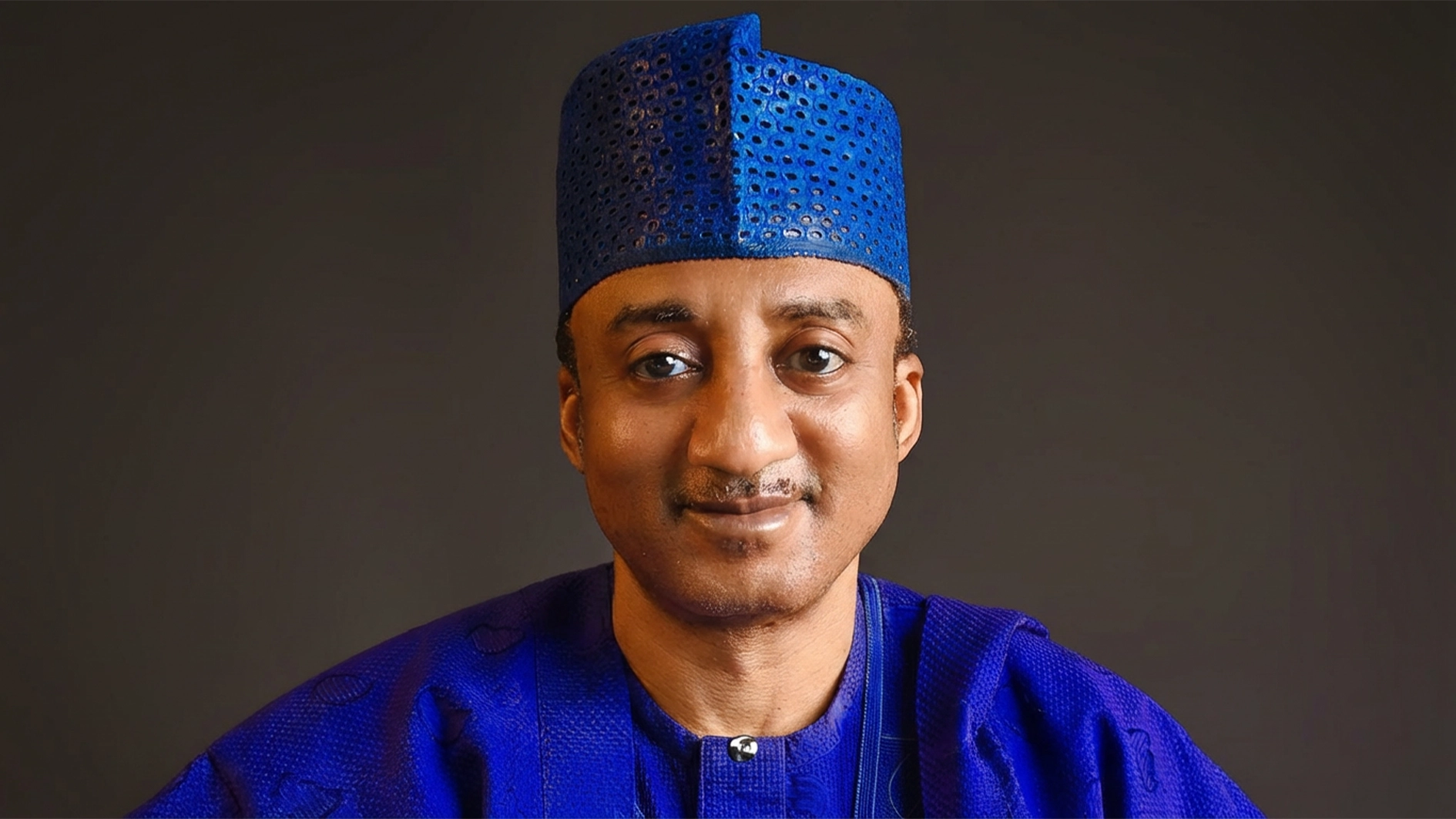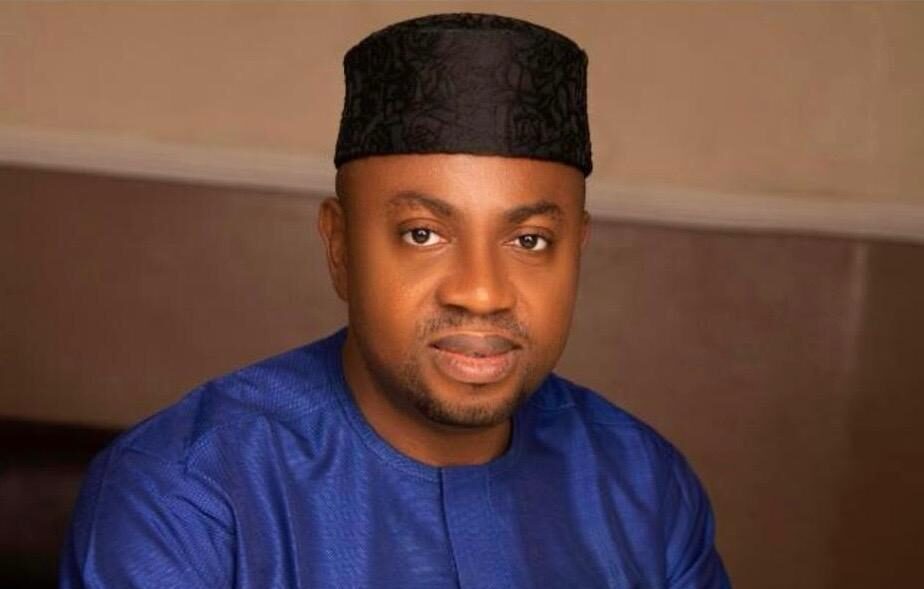The Federal Government has declared its support for the growth and development of the Arewa creative industry, with a specific commitment to strengthening Kannywood.
The Minister of Art, Culture, and the Creative Economy, Hannatu Musawa, gave the assurance on Wednesday at the official unveiling of the Arewa International Film Festival (AIFF) in Abuja.
The festival, themed “Showcasing untapped potentials and promoting the rich historical heritage and storytelling of the Sahel region”, is aimed at spotlighting Northern Nigeria’s unique creative voice, cultural depth, and underutilised talent pool.
Musawa acknowledged concerns that the ministry has not done enough to directly engage with the Arewa creative community, but said such criticisms stemmed from a misunderstanding of the ministry’s initial focus.
She noted that the challenges facing the creative sector, whether in the North or elsewhere, are largely a lack of infrastructure, policy gaps, limited access to funding, and the absence of proper regulation.
The minister revealed that the Federal Government is currently working on developing film infrastructure such as studios and film villages, with a conscious effort to ensure Kannywood is fully integrated into that growth process.
She said: “I think one of the criticisms that we have faced as a ministry is that we have not been there enough for the Arewa industry itself, and I tell you why. Perhaps it’s a bit of a misnomer, because as a new ministry, we first had to start from scratch.
“What we are trying to do is to set an enabling environment. We were not looking at Arewa or Lagos or anywhere specifically. We’re looking at the project as a Nigerian project. And everything that is needed for the industry to grow is the same everywhere.
“You need policy, infrastructure, incentives, funding and regulation. That is the approach we’ve taken. If you don’t have an intellectual property policy, whether you’re Arewa or anywhere else in the country, you’re not going to be able to grow the industry or to grow your own value within the industry itself. So we look at bringing policy. Then the infrastructure.
“One of the areas that we have struggled with, not only as a ministry but as industry itself, is the fact that there’s a dearth of infrastructure. So, when you’re talking about Nollywood itself, it’s struggling because there’s no infrastructure to support it. We’re working on a film village, film studio, we’re working on that.
“But as I’m doing that, I’m actively making sure that as we’re trying to build up the infrastructure for the Nollywood industry itself, Kannywood is not left behind. It is not something we would have been able to do in two years because we as an industry have to justify to even the investors and our administration the worth of the industry.”
Convener of the festival, actress Rahama Sadau, described AIFF as a cultural and creative renaissance for Northern Nigeria.
She said the festival would screen over 100 films, honour women in filmmaking, feature a royal durbar, and spotlight emerging talents from the region.
“We have been underrepresented in the global creative dialogue, but the AIFF aims to amplify the creative and cultural expressions of Northern Nigeria’s long-celebrated rich history, literature, and oral traditions.
“I’m really excited for the world to hear our conservative stories of worth and value and the quest to protect our conservative nature,” she said
Managing Director of the Nigerian Film Corporation, Ali Nuhu, also hailed the initiative, noting that the festival offers a platform to discover new talents, foster partnerships, and bridge the development gap between creatives in the North and their Southern counterparts.
According to him, the Nigerian film corporation would be looking out for creatives from the masterclasses and other sessions of the festival.
“The AIFF would serve as an opportunity to address the numerous problems in the Arewa space, especially capacity building, skills acquisition, networking, opportunities, partnerships, and sponsorships, among others.
“When you look at the Southern Nigerian creative industry and the kind of things they do, the opportunities they get, it’s all because of platforms like this.
“So I am excited about this for the filmmakers in the north, across regions and into the global community,” he said.






